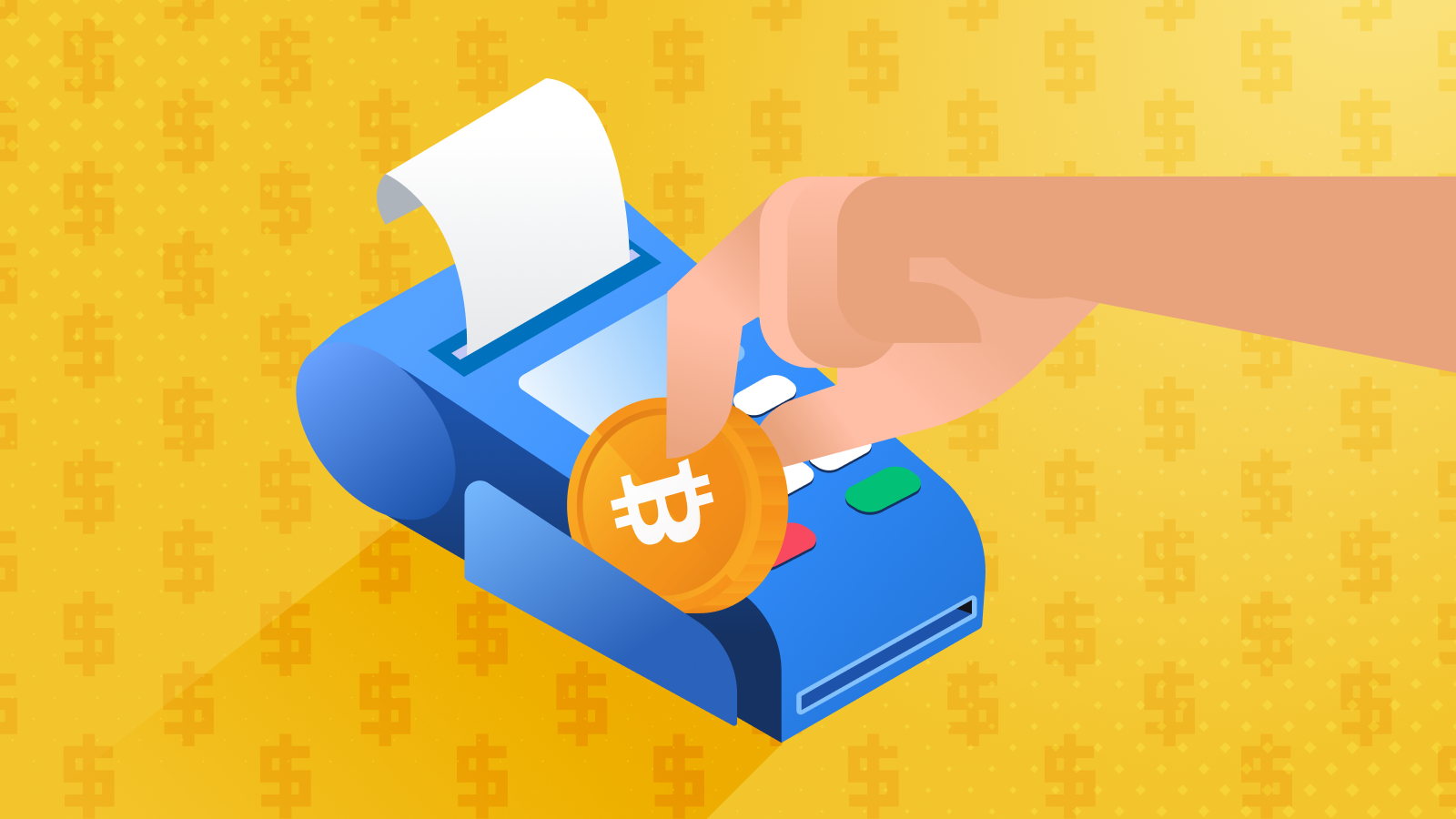Bitcoin (BTC) was made possible by those who believed in it, and its future is strongly reliant on those who will carry on this heritage – the general public. While the growth of Bitcoin from an online blog post to mainstream finance is worthy of a novel in and of itself, the ongoing support from the ecosystem of traders, miners, and consumers has helped Bitcoin overcome all odds and become one of the most lucrative assets in human financial history.
In Cryptoland, living the dream would ideally entail purchasing a cup of coffee from a local business with Bitcoin. The good news is that numerous establishments all across the world have begun to accept genuinely borderless money.
Given the increased acceptability of Bitcoin and the prospect of a high return on investment, the new generation of company owners wants to accept Bitcoin as payment for their services. But how?
The Bitcoin ecosystem presently has a multitude of companies offering a secure location to store Bitcoin and other cryptocurrencies. However, there is a genuine danger of storing the asset with an untrustworthy supplier, which might result in the loss of your Bitcoin permanently.
Here are a few possibilities for getting started with Bitcoin acceptance in a few clicks.
The basics of accepting Bitcoin payments
1. Bitcoin wallet – This is similar to your physical wallet, where you keep your cash. The sole distinction is that it is digital and stores Bitcoin. As a company owner, keep in mind that a Bitcoin wallet can only take BTC and no other cryptocurrencies.
Many wallet providers enable customers to hold numerous coins using various addresses. Bitcoin wallets are password-protected and use private keys as the sole way to acquire access to money.
2. Bitcoin address – Each Bitcoin wallet includes an address. This address will be specific to your wallet and may be shared with others in order to accept payments.
Wallets may also transform the Bitcoin address into a scannable QR code that can be presented in-store.
However, if a transaction is made to the incorrect location or with an unsupported currency, the underlying technology does not allow users to reverse or cancel it. It is difficult to obtain a refund on your Bitcoin transactions since the creator of Bitcoin, Satoshi Nakamoto, did not hire a customer care agent before disappearing for good.
The private key serves as a mathematical doorway to your Bitcoin reserve. You will lose access to your BTC wallet if you do not have this key. While every Bitcoin wallet has a unique private key, digital wallets frequently allow users to log in using passwords.
All you need to accept Bitcoin (BTC)
After being acquainted with the fundamental criteria for holding and storing Bitcoin, there are a few additional steps that must be completed in order to set up a business that accepts BTC payments. Doing your own research and identifying the platforms and services that best match your business and regulatory demands is one of the best practices.
Check for local restrictions – Before putting up a sign that reads “Bitcoin payments accepted here,” check for regulations in your jurisdiction. Accepting Bitcoin in contentious jurisdictions may result in significant legal consequences ranging from large fines to jail time.
Wallet options — Creating a new Bitcoin wallet is as simple as creating a new email account. Cryptocurrency exchanges, as well as online (websites) and app-based wallets, are some of the most prevalent venues for a Bitcoin wallet. Businesses may also purchase point-of-sale equipment to accept Bitcoin payments via credit cards.
Recommending wallet solutions is risky since wallets are only as secure as the private corporations who house your BTC reserves. Take a look at our beginner’s guide on how to pick the finest BTC wallet to obtain first-hand knowledge on the newest and greatest in Bitcoin innovation.
Third-party payment processors, such as Coinbase and BitPay, can also be used to set up website payment gateways for BTC transactions.
What to be aware of before accepting Bitcoin payments
Given the enormous price volatility, firms should save invoice copies with the Bitcoin price at the moment of the transaction. This will assist you in tracking your “true” revenue.
Bitcoin transaction taxes are largely influenced by local jurisdiction. The United States, for example, considers Bitcoin to be property and would tax it differently from a nation that accepts it as a money. Portugal is now in the forefront of this field, allowing residents to trade cryptocurrencies tax-free since 2018.


